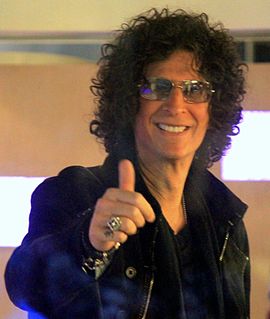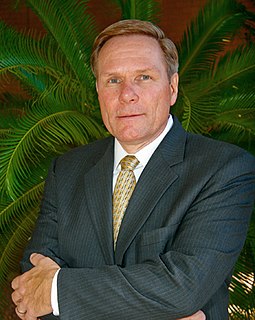A Quote by Tom Chatfield
For the moment, machines able to 'think' in anything approaching a human sense remain science-fiction. How we should prepare for their potential emergence, however, is a deeply unsettling question - not least because intelligent machines seem considerably more achievable than any consensus around their programming or consequences.
Related Quotes
Science, is the creation by humans of a particular paradigm and methodology for discovering truth and understanding reality. Hence it can never fully reflect the hidden face of humanity, its creator, in the same sense that a computer can never become fully human or know what it means to be human: however sophisticated, these machines will forever remain mere artifacts of humanity.
I don't think any religion makes any sense and I think people who are into that are really getting duped, and I don't think Judaism makes any more sense than Christianity, and I don't think Christianity makes any more sense than Scientology. But here's a guy, L. Ron Hubbard, who told all his friends, 'Look, I'm gonna start a religion, 'cause I can't make any money as a science fiction writer.' I mean, he admitted that publicly! At least with Jesus Christ, you can't go talk to the guy.
Although humans today remain more capable than machines for many tasks, by 2030 machine capabilities will have increased to the point that humans will have become the weakest component in a wide array of systems and processes. Humans and machines will need to become far more closely coupled, through improved human-machine interfaces and by direct augmentation of human performance
Anything that we know how we do, machines will do better. Now, the key element of this phrase is, "We know how we do it." Because we do many things without knowing exactly how we do them. So this is the area where machines are vulnerable, because it still has to learn from some kind of experience. It needs something - at least the rules of the game. You have to bring in something that will help the machine to start learning. It's like square one. If there's nothing there, if you can't explain it, that's a problem.
Surely, if we take on thinking partners - or, at the least, thinking servants - in the form of machines, we will be more comfortable with them, and will relate to them more easily, if they are shaped like humans. It will be easier to be friends with human-shaped robots than with specialized machines of unrecognizable shape. And I sometimes think that, in the desperate straits of humanity today, we would be grateful to have nonhuman friends, even if they are only the friends we build ourselves.
Understanding human nature must be the basis of any real improvement in human life. Science has done wonders in mastering the laws of the physical world, but our own nature is much less understood, as yet, than the nature of stars and electrons. When science learns to understand human nature, it will be able to bring a happiness into our lives which machines and the physical sciences have failed to create.
If you search the scientific literature on evolution, and if you focus your search on the question of how molecular machines - the basis of life - developed, you find an eerie and complete silence. The complexity of life's foundation has paralyzed science's attempt to account for it; molecular machines raise an as-yet-impenetrable barrier to Darwinism's universal reach.
We should simply accept the fact that the way machines make decisions is different, and rather look at the result. If machines are providing results that we are looking for, you would mind how much human understanding was used in the process. And more likely we should look for the way of combining human skills and machine skills. And that, I believe, is the future role of humanity, is just to make sure it will be using this immense power of brute force of calculation for our benefit.
I think one of the core ideas in America has always been conversation and being able to question our systems of government, and being able to dictate our own communities and how we want this country to work. And I feel like we're losing part of that because of the way that even our current political campaign is centered more around celebrity than anything else, and so we're kind of losing conversation. We're still having conversations, but they seem to be more about like Donald Trump's hair and like memes of his face more than anything else.

































